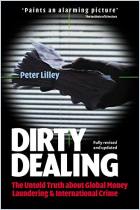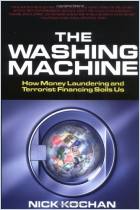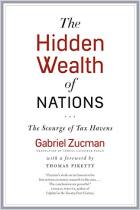
Criminal Capital
How the Finance Industry Facilitates Crime
Recommendation
Attorney and money laundering expert Stephen Platt’s study of dirty money may remind you of headlines from the 1980s proclaiming that a significant percentage of US currency bore cocaine residue. In today’s increasingly cashless world, Platt suggests, some percentage of the money in your bank account carries the taint of drug trafficking, kleptocracy or bribery. Platt presents a detailed, easy-to-digest guide to illegal cash flows. He outlines the scale of the world’s money laundering problem and explains why the bad guys remain a step or two ahead of the authorities. The book’s title suggests a takedown of big banks, but the financial industry emerges looking no worse than any other sector in which criminals seize every advantage they can. getAbstract recommends Platt’s articulate, compelling study to bankers, policy makers, law enforcement officials and anyone else who seeks insight into this complex, worldwide problem.
Summary
About the Author
Attorney and money laundering expert Stephen Platt is an adjunct professor at Georgetown University’s law school and the founder of kyc360.com.
















Comment on this summary